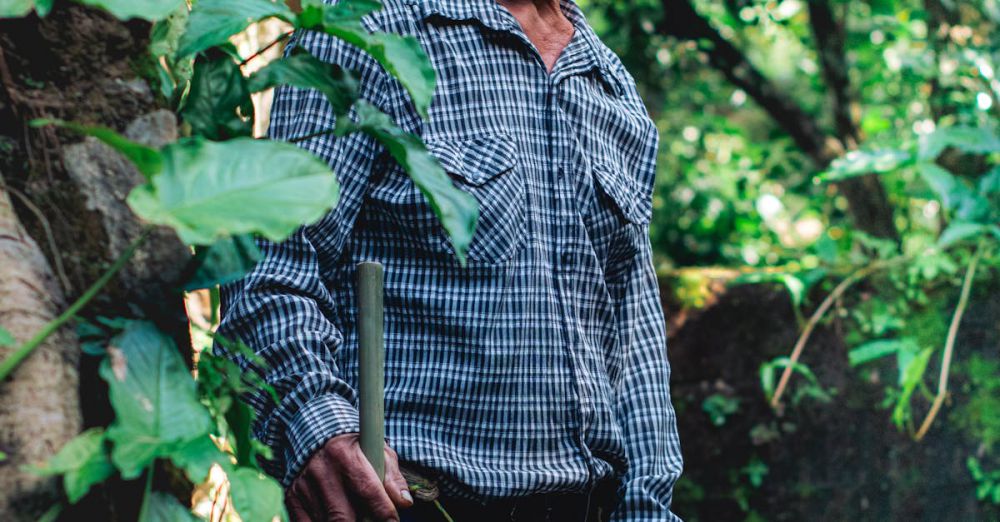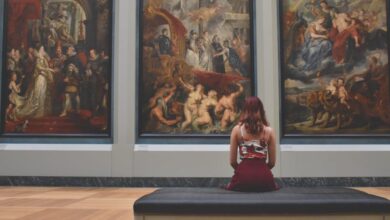How Do You Experience Indigenous Culture in Canada
Canada is a mosaic of cultures, and one of its most vibrant and profound threads is Indigenous culture. From the Atlantic to the Pacific, Indigenous communities contribute to the country’s identity through their rich traditions, languages, and art forms. Experiencing this culture goes beyond mere observation; it invites engagement, respect, and a deeper understanding of the land and its original stewards. Here’s how you can immerse yourself in the diverse expressions of Indigenous culture across Canada.
Participating in Cultural Events
One of the most engaging ways to experience Indigenous culture is through participation in cultural events. Across Canada, Indigenous festivals and gatherings showcase traditional music, dance, and storytelling. Events like the Calgary Stampede’s Indigenous Day and the Toronto Indigenous Festival offer visitors a chance to witness performances that highlight the artistry and narratives of various communities. These events not only entertain but also educate attendees about the history and significance of Indigenous practices, fostering a deeper appreciation for the culture.
Exploring Indigenous Art
Indigenous art is a powerful medium that reflects the stories, beliefs, and histories of the various tribes and nations. Galleries such as the Museum of Anthropology in Vancouver and the Art Gallery of Ontario present a stunning collection of Indigenous artworks, from traditional carvings to contemporary pieces. Local artisans often sell their work at markets, providing the opportunity to purchase authentic pieces while supporting Indigenous creators. Engaging with art allows visitors to connect with Indigenous perspectives and understand the cultural significance behind each piece.
Indigenous Cuisine
Food serves as a cultural connector, and experiencing Indigenous cuisine can be both delicious and enlightening. Restaurants like the Bearfoot Bistro in Whistler or the Indigenous-owned Pow Wow Café in Toronto offer dishes that incorporate traditional ingredients and cooking methods. Sampling foods such as bison, wild game, and indigenous grains can provide a sensory experience that connects you to the land and its resources. Many establishments also share the stories behind their dishes, enhancing your understanding of Indigenous foodways and their historical significance.
Guided Tours and Cultural Experiences
To gain a deeper insight into Indigenous culture, consider participating in guided tours led by Indigenous peoples themselves. These tours often take place on traditional lands and can include guided hikes, canoeing trips, or nature walks. For instance, in British Columbia, you can explore the Great Bear Rainforest with a First Nation guide, who will share the ecological knowledge and spiritual significance of the land. These experiences not only educate but also foster respect for Indigenous relationships with nature, highlighting their sustainable practices and philosophies.
Learning Indigenous Languages
Language is a cornerstone of culture, and many Indigenous communities are revitalizing their languages through education and community programs. Engaging with language classes or community workshops can be a rewarding way to connect with Indigenous culture. Some organizations offer online resources or classes that teach the basics of languages like Cree, Ojibwe, or Inuktitut. Understanding even a few words can enhance your interactions and demonstrate respect for Indigenous heritage.
Cultural Competency and Respect
As you immerse yourself in Indigenous culture, it is essential to approach your experiences with cultural competency and respect. Engage in conversations with Indigenous peoples, listen to their stories, and be mindful of the historical contexts that shape their identities. It’s crucial to recognize and avoid cultural appropriation, ensuring that your interactions are rooted in genuine appreciation rather than exploitation. Taking the time to educate yourself about the histories and current issues facing Indigenous communities will enrich your experiences and foster meaningful connections.
Embracing Indigenous Perspectives
To truly experience Indigenous culture in Canada is to embrace the perspectives and teachings that have existed for thousands of years. By participating in events, exploring art, savoring cuisine, engaging in guided tours, learning languages, and approaching everything with respect, you not only enrich your understanding but also contribute to the ongoing journey of reconciliation. The tapestry of Indigenous culture is ever-evolving, inviting everyone to learn, connect, and grow together in the spirit of respect and understanding. This journey is not just about experiencing a culture; it’s about becoming part of a shared narrative that shapes Canada’s future.







